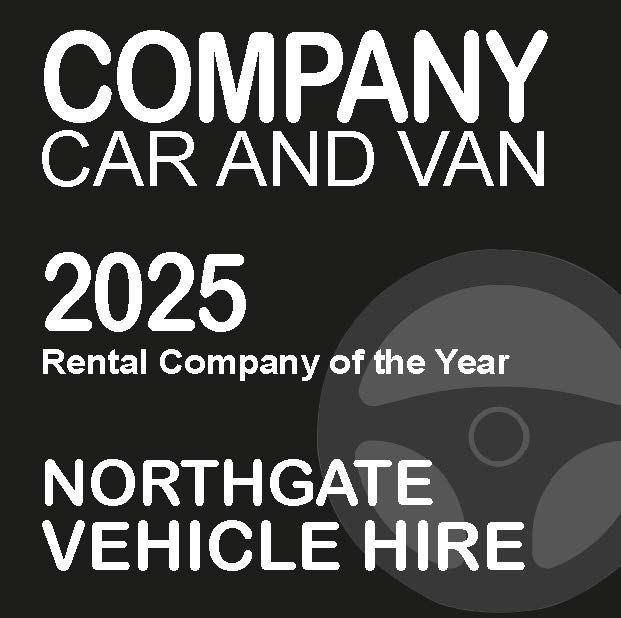Discussing the major EV battery health concerns
![]() 05/11/2024
05/11/2024![]() 5 minutes read
5 minutes read
The rising popularity of electric vehicles (EVs) can be explained by an increase in environmental concerns, government regulations, and the push towards a Net Zero UK.
Initiatives like the ZEV mandate, Clean Air Zones (CAZ) and Ultra Low Emission Zones (ULEZ) are prompting fleet operators to look at the feasibility of transitioning to EVs by penalising high-emission vehicles and incentivising zero-emission vehicle uptake with grants and accreditations.
However, despite the various benefits of EVs, public charging infrastructure investments, and EV technology development, many remain concerned about whether electric vehicles are truly ready to reliably replace traditional ICE vehicles. Addressing these concerns is key to getting a reliable picture of your business’s EV suitability.
What is EV battery degradation?
Electric vehicle battery degradation is the natural process by which the battery's performance (ability to store and deliver energy) gradually declines over time.
The factors that impact EV battery life
A battery's state of health (SoH) is a measurement of its condition with the end of an EVs battery life considered to be 70%. Currently, most EV manufacturers expect batteries to last between 10 and 15 years, however, newer EV models are thought to last 20 years or more. 1
The main cause of EV battery degradation is due to the lithium-ion cells they contain, which start depleting as soon as they're created regardless of battery use. This is known as calendar ageing.
Other common causes include:
- Cycling Ageing:The wear and tear from repeated charging and discharging.
- Regular Rapid Charging: High voltage and current place increased strain on EV batteries.
- Temperature:Warmer climates can cause the battery to constantly overheat and deteriorate faster.
- Driving Patterns:Aggressive driving habits, such as braking harshly.
Does high vehicle usage degrade your EV battery faster?
Interestingly, extensive research by Geotab challenges common misconceptions and concludes that high vehicle use does not influence the rate of battery degradation.2 So, in layman’s terms, EVs offer maximum value the more they are driven.
Quickfire Electric Vehicle Charging Best Practices
When done right, EV charging preserves your battery and makes sure your vehicle is always ready to go. Here are some quickfire charging tips:
- Use standard charging when convenient
It's best to avoid frequent fast charging as it can unnecessarily strain your battery, and lead to long-term damage.
- Avoid extreme temperature
Extreme temperatures can constantly overheat your car battery.
- Maintain a charge level between 20% and 80%
Avoiding letting the battery go flat can help to preserve your EV battery range.
- Lower battery heat level before charging
It’s best to wait between 5 to 10 minutes after driving before plugging in your charger.
Are EV batteries reliable?
Electric Vehicle batteries are thought to be reliable, with most newer EV batteries lasting 10 to 20 years, and commonly outlast the life of the vehicle itself.
On average, EV batteries experience a 2.3% annual degradation, but with proper maintenance and optimal charging practices, this rate can drop to as low as 1.6% per year.2 By prioritising battery maintenance and adopting smart charging habits, you can significantly maximise the lifespan and performance of your EV's battery.
Exciting times lay ahead for EV battery technology, which is still evolving, and on track to be cheaper, lighter, and more durable in the future.
Expert knowledge and tools for your EV transition
Northgate's Drive to Zero programme gives you expert knowledge and tools, in a way that makes financial and practical sense, for a successful transition to EV at every step of the way.






